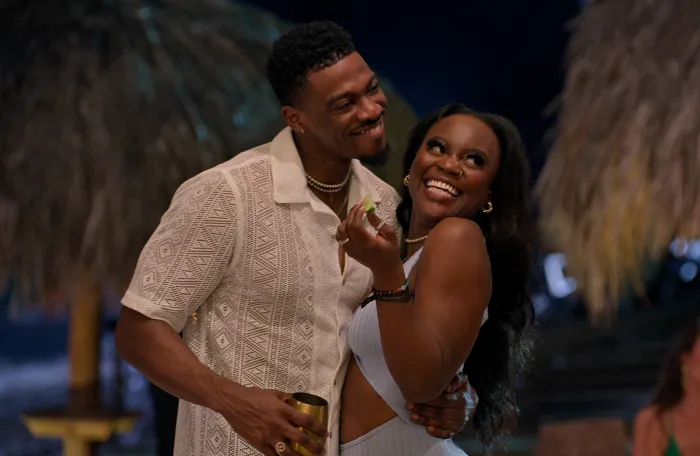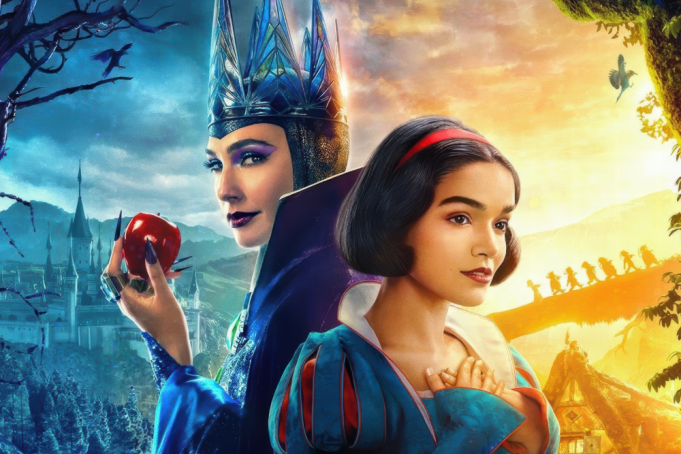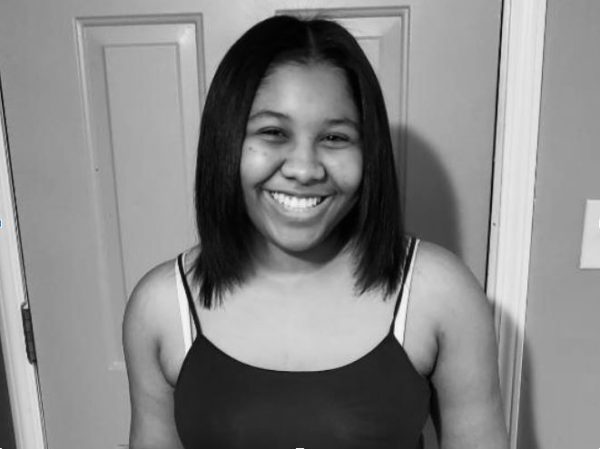In the midst of a batch of shows like “Bachelor In Paradise”, “Love Island”, and “Are You The One?”, Netflix strived to do something different. In 2020, when everyone was locked away in their homes, “Love Is Blind” premiered on Netflix. The show contrasted from other reality dating shows where people couple up based on physical attraction by eliminating that element completely. In “Love Is Blind”, the singles talk to each other for 10 days through a wall and must make the decision on whether or not to become engaged with someone without seeing them first. After the couples are revealed to each other, they are given a shared apartment and a month to see how their relationship works in the real world and if they want to get married at the end of the process. Across the show’s six seasons, nine couples who said “yes” at the altar are still together today, proving that for some, love truly is blind. But, as the show rose in popularity, the initial purpose of it was lost.
As of late, a lot of people seem to be going on the show for fame or for fun instead of the original goal of most to find love. Especially with the creation of spin-off shows such as “Perfect Match” where singles from prior Netflix dating shows are paired up. And In the most recent season, two of the singles of the cast weren’t quite single at all. Fan-favorite Trevor, who was dumped in “the pods” (the spot where they speak to each other through walls), was allegedly revealed to have a girlfriend the entire time on the show, with the intention of getting popularity by getting a positive edit on the show. And Jeramey, who actually got engaged on the show, had confirmed that he applied for the show when he was still married to his ex-wife. Filming started only a month after they had gotten divorced. While this is a reality television show and it’s rare for anyone’s intentions to be truly pure 100% of the time, the way that the people on this season especially have been behaving is truly bizarre. This season has a strong emphasis on looks, which is funny because that defeats the whole purpose of the “social experiment” that is “Love Is Blind”. In the pods, contestant Clay tells his later fiancée, AD, that he couldn’t propose to her unless she fit his physical criteria for a woman. When single mom Jess is rejected in the pods, she tells her ex Jimmy that he’ll “need an EpiPen” when he sees what she looks like because he’s “going to choke”. And Chelsea tells her later fiancé Jimmy that people have told her she resembles Megan Fox, which becomes obvious to viewers that that was the deciding factor for him picking between her and Jess.
“Love Is Blind” once had an interesting premise, which was something that set it apart from anything else on TV, but with every passing season, it just continues to become more and more like any other dating show. The integrity of the show has been truly lost, and it now joins the ranks of other “trashy television”. In a way, this shift in the show’s content was inevitable, at the end of the day all Netflix cares about is making money, and watching the antics of the many morally questionable people they have on the show brings in viewers.
At this point, America’s “Love Is Blind” is likely too far gone. In contrast to the bizarre superficiality of the original “Love Is Blind”, its international spin-off shows like “Love Is Blind: Japan”, offer viewers with a more genuine experience. In the article “You’re Watching the Wrong Love Is Blind”, writer of the publication Slate, Allegra Frank compares the second season of the American “Love Is Blind” to the first season of the Japan version. Frank states that, “While it spends nearly half the show on the men and women getting to know each other on opposite sides of a wall, Japan manages to build individual characters and relationships to care about. These scenes are the ones that the American version tries to dispose of as quickly as possible, in order to speed toward the physical romance and inevitable fighting. Japan, on the other hand, spends that time showing us men and women not just falling for each other, but also bonding with the other contestants that they actually get to hang out with face-to-face in the [meantime]…by the time each man and woman [have] paired off and moved in together, they have also formed meaningful friendships that continue on throughout the rest of the show.” “Love Is Blind: Japan” prioritized finding people with genuine intentions who truly desired to be married, and focused on showing the viewers who they were as people beyond all of the drama that this “experiment” brings. In the Brazilian spin-off of the show, there are more diverse contestants “both in terms of race and body size…Season three even featured a disabled participant” as well as being filled with contestants who were “more committed than some of their counterparts on other shows to actually making their relationships work,” according to Laura Bradley and Allegra Frank, entertainment writers for the Daily Beast’s “Obsessed”.
The original “Love Is Blind” should take a page out of their foreign counterpart’s handbook if they want viewers to emotionally connect and truly care about the contestants and relationships depicted on the show. There’s a way to treat the experiment with care and still have an entertaining and dramatic show. “Love Is Blind” needs to find the middle ground.









